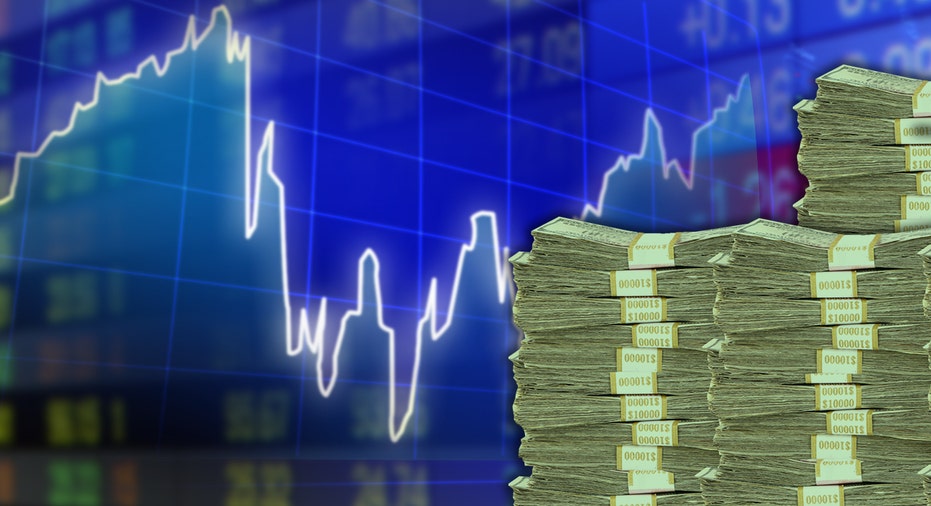Active Fund Managers Surprisingly Underperform in 2015

Stocks had only a so-so year in 2015 with two of the major indexes, the S&P 500 and Dow finishing flat to down, respectively. So, you’d think it would be a perfect time for active mutual fund managers to shine, right? After all, active managers can improve their performance by picking stocks that beat the indexes. But that’s not what happened.
In fact, according to Morningstar, most active fund managers underperformed the indexes’ punk record for 2015. In fact, the only ray of sunshine were large cap value and small cap value funds in which 53.26% and 67.39% of funds, respectively, outperformed the index. That result, however, was unusual.
These findings below come from Morningstar and were conducted exclusively for FOX Business. Performance is through Dec. 24:
- 66.74% of large-cap growth stocks mutual funds underperformed their index.
- 56.56% of mid-cap growth mutual funds underperformed their index.
- 67.87% of small-cap growth mutual funds underperformed their index.
- 73.15% of large-cap blended mutual funds underperformed their index.
- 87.63% of mid-cap blended mutual funds underperformed their index.
- 56.15% of small-cap blended mutual funds underperformed their index.
- 46.40% of large-cap value funds underperformed their index.
- 50.75% of mid-cap value funds underperformed their index.
- 32.61% of small-cap value funds underperformed their index.
One reason for the underperformance is that growth was concentrated in a handful of names, most of them big tech companies. For example, Amazon (NASDAQ:AMZN) and Netflix (NASDAQ:NFLX) posted triple-digit stock percentage growth. A manager who didn’t hold those names had trouble posting strongly positive returns. Fund managers who bought consumer stocks and stocks paying solid dividends also performed well. Conversely, the energy sector penalized investors with market cap losses totaling $230 billion in the sector.
"For the industry as a whole, over longer time periods, the lower-cost passive funds that index the large-company U.S. stock market beat their active competitors," Morningstar columnist John Rekenthaler said.
But there’s another reason the active managers performed so poorly – the fees charged by fund companies. Actively managed funds buying stocks charge an average expense ratio of 1.21; compared to an expense ratio of 0.71 for passively managed funds that simply track an index. Bottom line: Paying up for active management is a strategy that worked in only a handful of categories this year.



















